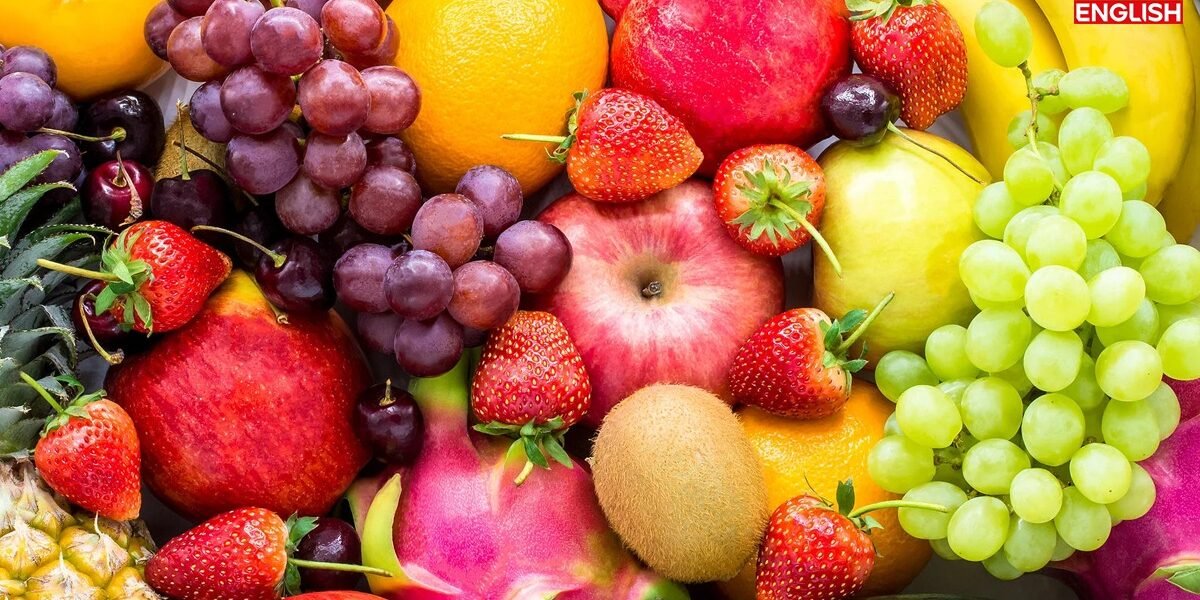LAHORE: Pakistan is battling severe air pollution, with an annual Air Quality Index (AQI) of 160, more than 14.7 times the World Health Organization’s air quality guidelines.
According to a report by IQAir, which tracks air quality worldwide, Pakistan cleanest city in 2023 was Abbottabad with AQI 97.
The WHO has identified air pollution as one of the leading environmental health threats, contributing to millions of deaths each year from conditions like lung cancer, heart disease, and respiratory infections.
To protect citizens, Pakistan adopted several measures including imposing a green lockdown and shutting down public places and schools in smog-hit cities.
While reducing outdoor exposure during peak pollution hours can help minimize risk, it is often impossible to avoid the harmful effects of toxic air entirely.
Also Read: https://azaadenglish.com/pakistan-three-cities-top-global-air-pollution-rankings/
However, by making the right dietary choices—rich in antioxidants, vitamins, and omega-3 fatty acids—it’s possible to help reverse some of the damage caused by air pollution and support overall health.
Foods to fight pollution
Cruciferous Vegetables (Broccoli, Cauliflower, Brussels Sprouts)
To counteract the damaging effects of pollution, it’s essential to include cruciferous vegetables like broccoli, cauliflower, and Brussels sprouts in your diet. These vegetables are rich in compounds that support thyroid health, which is vital for overall wellness.
Milk, Eggs, Carrots, Pumpkins
The sources of retinol (Vitamin A) is essential in your diet it provide a natural defense for the lungs and help maintain overall health. This can be obtained from animal products like milk, liver, and eggs, as well as from carotenoid-rich foods like carrots, mangoes, and pumpkins.
Oranges, Avocados, Guavas, Soybean, Nuts
Research has shown that low intake of Vitamin C and Vitamin E is linked to a higher prevalence of asthma. These vitamins help fight inflammation and oxidative stress caused by pollutants. Include citrus fruits like oranges and guavas for Vitamin C, and incorporate Vitamin E sources such as nuts, seeds, green leafy vegetables, and oils (like soybean or mustard oil) to enhance your body’s defense against air pollution.
Tomatoes
Tomatoes are an excellent source of antioxidants, especially lycopene, which has been linked to a reduced risk of respiratory diseases. They also provide essential nutrients like Vitamin C, Vitamin K, folate, and potassium, all of which support immune function and contribute to overall health, helping the body fend off pollution’s harmful effects.
Sunlight, Eggs, Fatty Fish
Vitamin D is crucial for calcium and phosphorus metabolism, and adequate levels are associated with better asthma control. With many people having low indoor Vitamin D levels and limited sun exposure due to smog, it is important to include foods like eggs and fatty fish in diet.
Turmeric
Curcumin, the active compound in turmeric, has powerful anti-inflammatory, antioxidant, anti-tumor, and anti-fungal properties. Regularly incorporating turmeric into your diet with milk or ghee may help protect against lung diseases such as pulmonary fibrosis and reduce cancer risk. Just a teaspoon of turmeric a day is enough to reap its benefits.
Black Pepper
To enhance the absorption of curcumin, consume it with black pepper. The compound piperine in black pepper significantly increases the bioavailability of curcumin, allowing your body to absorb and benefit from it more effectively.
Omega-3 Fatty Acids
Omega-3 fatty acids, found in fatty fish, flaxseeds, and certain oils, offer heart and lung protection and help reduce inflammation caused by air pollution. Including omega-3-rich oils in your diet can help shield your body from pollution-related damage.
Incorporating these superfoods into your daily meals can provide a natural defense against the detrimental effects of air pollution.

















